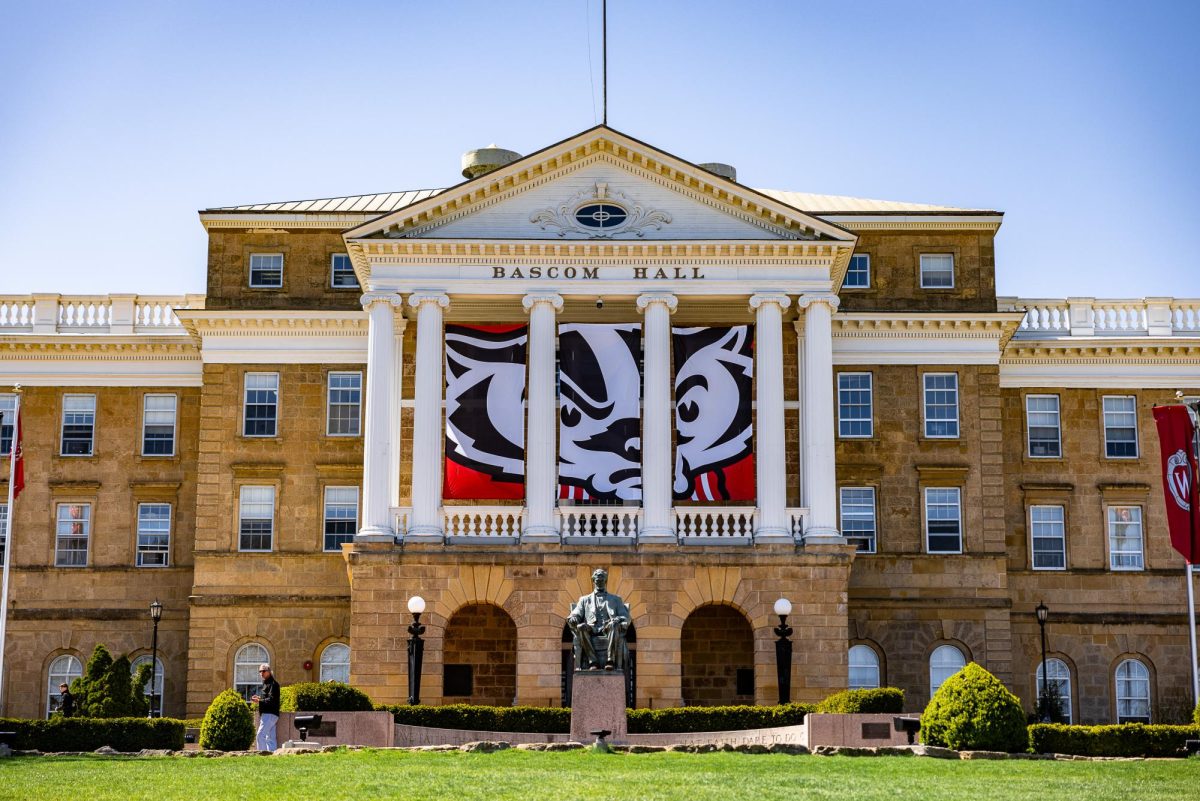
In a marathon Assembly meeting Tuesday night, House members were split along party lines as contention rose surrounding a last minute proposal which would make it harder for minority students to receive a higher education grant.
Late into Tuesday’s Assembly meeting, an amendment proposed by Rep. Peggy Krusick, D-Milwaukee, to a bill on enrollment requirements for talent incentive grants in higher education was met with scorn from fellow Democratic representatives.
Krusick’s amendment would prevent the Higher Education Aids Board from granting a talent incentive program grant to a student based on their status as a minority. These grants are limited to no more than $1,800 for an academic year.
Rep. Peter Barca, D-Kenosha, said Republicans were purposefully ignoring the committee process on this particular amendment, which he called an abuse of power.
Rep. Brett Hulsey, D-Madison, said the amendment was “just plain racist.” He said the measure would succeed in preventing minority groups from receiving jobs they would have been eligible for if they had been able to afford higher education.
With the elimination of a minority based determination, Rep. Joan Bellwag, R-Markesan, said a student of any race would have an equal opportunity to receive a grant.
As of a 4 a.m. press time, the Assembly floor was in recess for a Democratic caucus on the measure.
Legislators also debated the appointment method for the University of Wisconsin Board of Regents and whether or not constituents in certain areas of the Capitol should be allowed to have cameras and video recorders in light of the recent revelation to allow concealed weapons in the building.
An Assembly bill introduced by Rep. Erik Severson, R-Star Prairie, and other members of the Aseembly expands the appointment of members to the UW System Board of Regents. The bill passed in hearings Tuesday.
David Giroux, spokesperson for the Board of Regents, said the board has taken a position in favor of the bill.
According to Giroux, the government appoints 16 of the 18 members of the board, including two student members. The exceptions are the Superintendent of Schools and the Wisconsin Technical Colleges Board President, Giroux said.
Giroux said the Board would not be affected very much by the new legislation. The bill requires one citizen member from each congressional district of Wisconsin to serve on the board.
“We have nearly full representation already,” Giroux said.
He said only one or two districts are currently not represented.
Giroux said he has served 11 years on the UW System Board of Regents, and has observed boards appointed by both Republican and Democratic governments.
He said regardless of which party holds the power, regents have done a very good job of representing all of Wisconsin.
“All members have served the university as very strong advocates and have represented it very well,” Giroux said.
Although members from districts centered around Madison and Milwaukee have historically held more seats on the board because of their large populations, they have all worked hard in the past to represent the state as a whole, Giroux said.
Another pressing issue in the Legislature Tuesday night was possession of cameras and video recorders in viewing galleries in government hearing rooms.
According to a statement released last week by the Wisconsin Freedom of Information Council, a dozen protestors were arrested last Thursday for filming and holding up signs in the gallery during the Assembly hearing. Members of the public were also arrested Tuesday night during the Assembly’s meeting because of camera violations. There was also a large presence of state patrol officers present in the gallery throughout most of the meeting.
FOIC said the Open Meetings Law of 1977 gives observers the right to film or photograph a public governmental meeting, so long as it does not interfere with the proceedings.
FOIC President Bill Lueders said the arrests of observers with cameras violates the Open Meetings Law. He said he is calling upon members of the state Legislature, as well as law enforcement to uphold the law in this situation.
“We see no reason that exercising a right guaranteed by state law should lead to people being issued citations or hauled off to jail,” said Lueders.
According to FOIC, Wisconsin Legislature has cited its own rules against filming in the galleries.
“Protesters have received citations that cite Department of Administration administrative codes. The council questions whether these rules should be used to bar conduct expressly protected by the open meetings law,” the statement said.

















